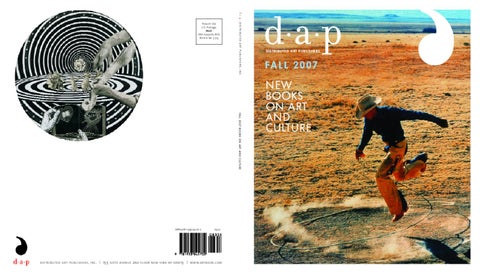
“Sophie Calle: Exploring Dual Roles as Exhibitionist and Observer”

### Sophie Calle: Probing Human Vulnerability through Art at the Walker Art Center
For over five decades, French artist Sophie Calle has delved into the intricacies of human connection, emotional expression, and vulnerability. Her unique blend of conceptual art and storytelling, employing everything from surveillance photographs to intimate interviews, disrupts traditional artistic norms. At the *Walker Art Center* in Minneapolis, her latest exhibition, *Sophie Calle: Overshare*, provides a retrospective of works that highlight her ability to scrutinize longing, desire, and the social fabric of human interactions.
This exhibition, running through January 2025, features a variety of pieces that showcase Calle’s relentless curiosity for exploring the boundaries of selfhood while reflecting society’s expectations, desires, and vulnerabilities. Here is a closer look at some of the standout highlights of the exhibition and the broader cultural themes they encapsulate.
—
### Turning the Gaze on Herself: The Art of Surveillance
In 1981, Sophie Calle transformed the very act of being watched into art. She hired a private investigator to follow her without revealing that he had been employed by her. This unusual “experiment” led to a series of black-and-white photographs that document her daily movements in Paris. Titled “The Shadow,” this collection juxtaposes views of Calle with her written reflections on being observed.
“I do not sit at our usual table, but closer to the window, and order a café crème,” Calle muses in one text accompanying the photos. The pleasure she describes in being watched runs counter to the often-uncomfortable implications of surveillance, intertwining vulnerability with empowerment. By documenting her life through the detached lens of the investigator she hired, Calle flips traditional power dynamics, where the observer wields control. Instead, she reclaims agency by making herself the star of the narrative.
This piece, along with earlier projects like “Suite Vénitienne” (in which Calle followed strangers) and her voyeuristic artwork “The Hotel” (1981), shifts the lens to question who is looking, why they are looking, and what it means to be observed. The entire series is a study of blurred boundaries between private and public spheres—an unraveling of human vulnerability on a societal scale.
—
### Exploring Emotional Disconnection in *No Sex Last Night*
Few works in Calle’s portfolio evoke themes of intimacy and rejection as poignantly as her collaborative film *No Sex Last Night* (later retitled *Double Blind* in 1996). Created with her then-partner Greg Shephard, the project chronicles their road trip from New York to San Francisco. Filmed with dual cameras, one held by Calle and the other by Shephard, the piece merges their perspectives through both visual and voice-over commentary.
Throughout the film, moments of romantic tension and unspoken longing rise to the surface. In scenes where Calle calmly narrates her repeated disappointment—“No sex last night”—her lived experiences become a lens to explore societal narratives about relationships, particularly the expectation that women must cultivate desirability while suppressing their own desires.
What makes *No Sex Last Night* exceptional is its willingness to linger in the spaces of emotional disconnect. While addressing personal feelings of rejection, Calle touches on broader themes of vulnerability and gendered power dynamics within relationships. The tension between Calle’s raw reactions and Shephard’s apparent indifference offers a mirror for understanding cultural norms around intimacy.
—
### Revisiting History in *On the Hunt*: Desire as a Human Constant
One of the more sociologically grounded installations in the exhibition is *On the Hunt* (2020/24). Here, Calle presents decades of archival personal ads to explore how human desire manifests and evolves over time. The work juxtaposes classified ads from men and women with corresponding photographs of a hunting stand or an animal being surveilled. By drawing parallels between the pursuit of romantic connection and literal hunting, Calle highlights the primal, almost animalistic urges lurking beneath our curated societal behaviors.
From Victorian-era ads focused on financial stability and marriage prospects to modern descriptions emphasizing compatibility and physical attraction, *On the Hunt* illustrates how changing societal norms shape the pursuit of love. However, despite evolving language and historical context, the fundamental human longing for connection remains unchanged.
Through this project, Calle underscores the deep loneliness of the human heart, even as it varies based on the era and its accompanying cultural pressures. Once more, her use of irony and insightful commentary leaves the viewer with an aching awareness of our collective vulnerability.
—
### The Broader Themes of Calle’s Career: Desire, Absence, and Reflection
At its core, *Sophie Calle: Overshare* offers more than mere glimpses into Calle’s artistic process or choice of subject matter. The exhibition invites viewers to reflect on the broader, universal themes of desire, absence, and the emotional landscapes of our lives. Her works pose difficult questions: How do we reconcile the dynamic interplay between being watched and wanting to be seen? Why does rejection